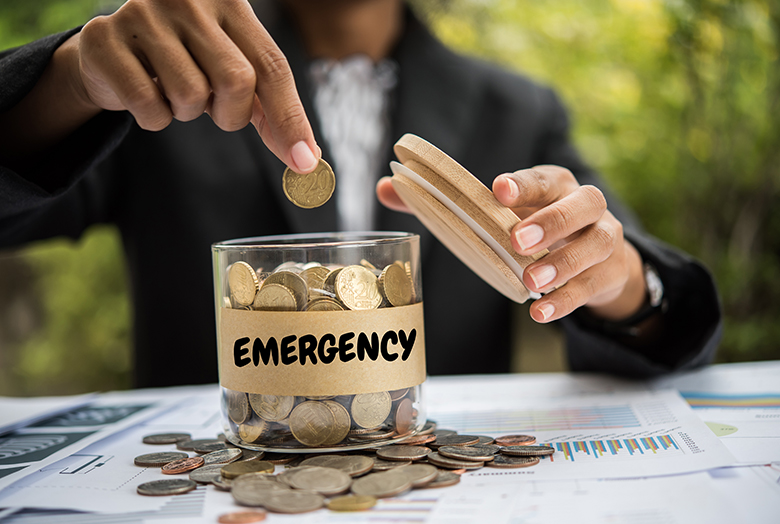- Its purpose is not to accumulate wealth but to provide the necessary resources when they are most needed.
An emergency fund is a financial buffer specifically set aside to cover unforeseen expenses or unexpected financial crises.
The purpose of an emergency fund is to provide a safety net in the face of unexpected situations.
It serves as a financial cushion to help individuals navigate through challenging times without resorting to high-interest debt or jeopardizing their long-term financial goals.
When emergencies arise, it is natural to feel a sense of panic or guilt if the fund becomes depleted. However, it is important to remember that the purpose of the emergency fund is to be utilized in such situations.
Its purpose is not to accumulate wealth but to provide the necessary resources when they are most needed.
Read More
Rather than dwelling on feelings of panic or guilt, it is more productive to focus on gratitude. Be grateful that you had the wisdom and foresight to establish an emergency fund in the first place. Appreciate the fact that you had a financial safety net to rely on during the unforeseen circumstances that arose.
Replenishing the emergency fund over time should be approached with a sense of responsibility and commitment. Once the crisis has passed, make it a priority to allocate funds toward rebuilding the emergency fund.
This can be done gradually, according to your individual financial situation and capabilities. By doing so, you ensure that you remain prepared for future unexpected events.
Remember, emergencies are an inherent part of life, and it is impossible to predict or prevent all of them. The key is to view the depletion of the emergency fund as a temporary setback rather than a failure.
By maintaining a positive mindset, expressing gratitude for the fund's initial purpose, and taking steps to replenish it, you can continue to protect yourself against unforeseen circumstances and maintain your financial well-being.










